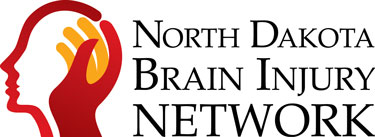Types of Brain Injury
An acquired brain injury (ABI) is often described as either nontraumatic or traumatic based on the cause of the injury.

Nontraumatic Brain Injury
A nontraumatic brain injury is an injury to the brain that is not hereditary, congenital, or degenerative. Nontraumatic brain injuries are caused by some medical conditions, including strokes, encephalitis, aneurysms, anoxia (lack of oxygen during surgery, drug overdose, or near drowning), metabolic disorders, meningitis, or brain tumors.

Traumatic Brain Injury
Traumatic brain injury (TBI) is an insult to the brain, not of a degenerative or congenital nature, which is caused by an external physical force that may produce a diminished or altered state of consciousness and which results in an impairment of cognitive abilities or physical functioning. It can also result in the disturbance of behavioral or emotional functioning.

How Common Are Brain Injuries
Currently, more than 3.1 million children and adults in the U.S. live with a lifelong disability as a result of a TBI, and 6.4 million have a disability due to a stroke. This translates to more than 22,000 North Dakotans living with disability from an acquired brain injury – close to the population of Mandan.
Resources and Support
If you or someone you know has been impacted by brain injury, we are here to help. Contact us at the North Dakota Brain Injury Network for information and support.
